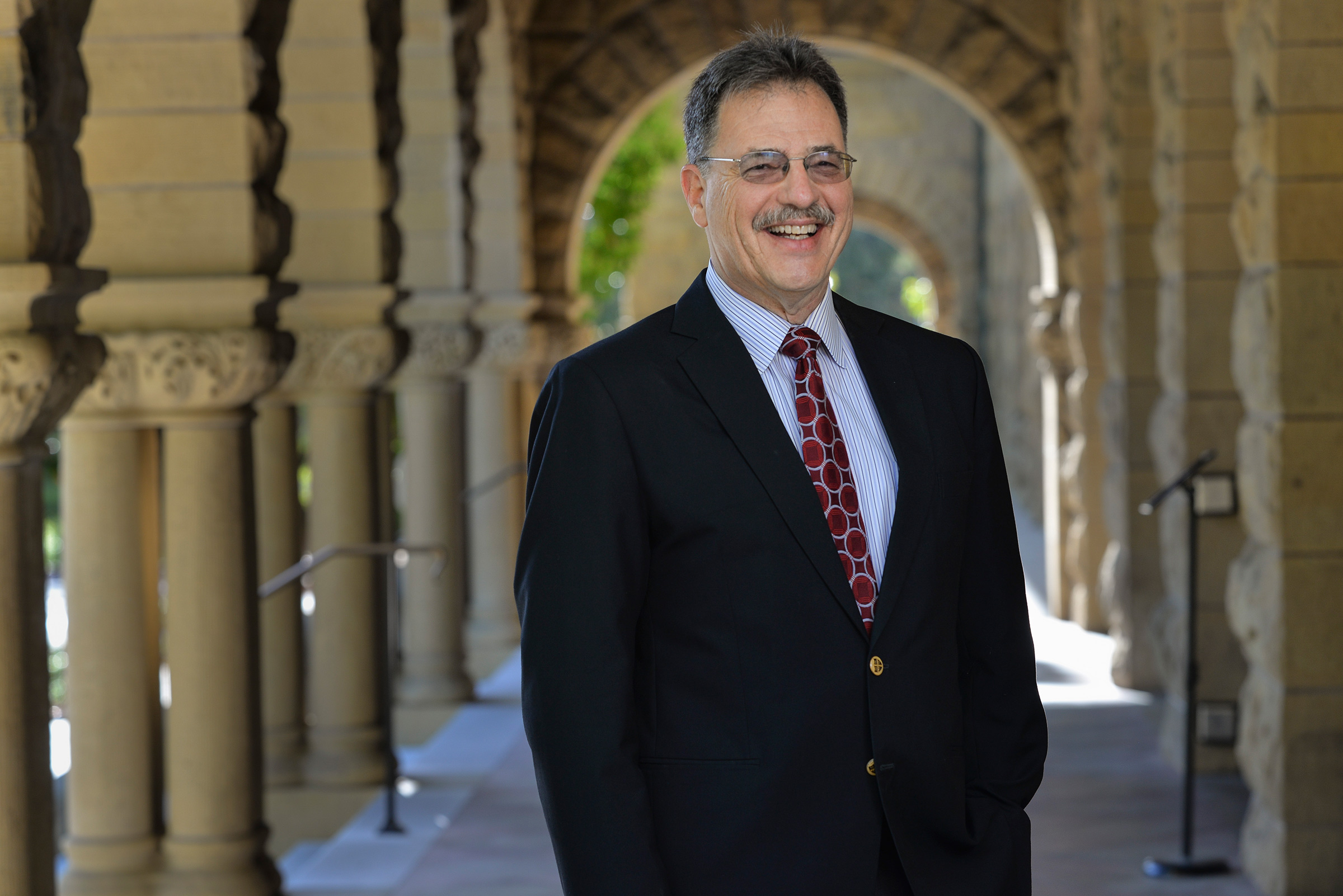
The Stanford scholar known as “Mr. Democracy” talks to TIME on the shrinking free world, the U.S.’s irreplaceable role in it and his book ‘Ill Winds.’
Earlier this year, the watchdog organization Freedom House reported the 13th straight year of decline for democracy across the globe. You’ve been teaching the subject for 30 years. How bad are things?
It’s an emerging crisis. It’s not the 1930s. We don’t have the situation where a blatantly fascist party has conquered a democracy. It’s a more subtle, creeping and incremental process. But there’s this sense, as there was in the 1920s and 1930s, that it’s the authoritarian regimes or the current neofascist movements that have the energy, the dynamism, the popular engagement.
You say Hungary no longer qualifies as a democracy and Poland is on the edge.
It’s a dark period that we’re living through now. Unfortunately, part of the darkness has descended on Europe. And that’s supposed to be part of the core bastion of freedom and democracy.
Democracy is more than elections, but in its complexity you describe an “outsize role for political leaders.” You find a lot to criticize in President Trump, but does saying it risk further polarizing politics?
I’ve struggled with that. But you have an American President who is engaging in a lot of undemocratic behavior, doing the kinds of things that other autocrats have been doing step by step to try and suffocate democracy in their countries. The first line of defense is to call that out.
If a U.S. President is not advocating for democracy, who picks up the slack?
Without U.S. leadership, at best we’re going to have drift. At worst we’ll have a rout of the existing democracies in tenuous places.
So, nobody?
Not quite. But no state will act decisively and effectively to secure and defend democratic progress in the world unless the U.S. is in the lead. There will not be another leader.
How important is income inequality in all this?
If you look at the constituency for illiberal, generally right-of-center populism, it’s the same constituency for Donald Trump in the U.S., for Brexit in Britain, for Marine Le Pen in France, for Alternative for Germany in Germany. The world is passing them by. They lack the skill levels to compete in this globalized economy. And so they feel threatened by international trade, threatened by globalization, threatened by immigration, threatened by a world that’s changing very rapidly and that is not the old familiar. And reinforcing income insecurity is the sense that they’re looked down upon, that this cosmopolitan elite looks upon them as backward, as hacks, as reactionaries, as defenders of a bygone era. And they’re not entirely wrong in their perception. There is a cultural arrogance.
What role does social media play?
The incentive of the social-media companies is to perpetuate outrage. The more we’re riveted, the more time we spend on those platforms and the more ads we see. And so the revenue logic of Facebook is not consistent with the interests of democracy.
In your new book, you describe Vladimir Putin as a burglar walking down a hallway testing doorknobs while China quietly creates a system to replace the one the U.S. led since World War II. What’s the bigger danger?
Chinese President Xi Jinping is constructing a neototalitarian Orwellian surveillance state that is more repressive of human liberty than anything we’ve seen since Mao. And here I think Donald Trump is doing some positive things to confront Chinese technology theft and China’s undemocratic influence efforts in the U.S.
Is it hard being known as Mr. Democracy?
I just kind of grin and bear it.
More Must-Reads From TIME
- The 100 Most Influential People of 2024
- Coco Gauff Is Playing for Herself Now
- Scenes From Pro-Palestinian Encampments Across U.S. Universities
- 6 Compliments That Land Every Time
- If You're Dating Right Now , You're Brave: Column
- The AI That Could Heal a Divided Internet
- Fallout Is a Brilliant Model for the Future of Video Game Adaptations
- Want Weekly Recs on What to Watch, Read, and More? Sign Up for Worth Your Time
Contact us at letters@time.com